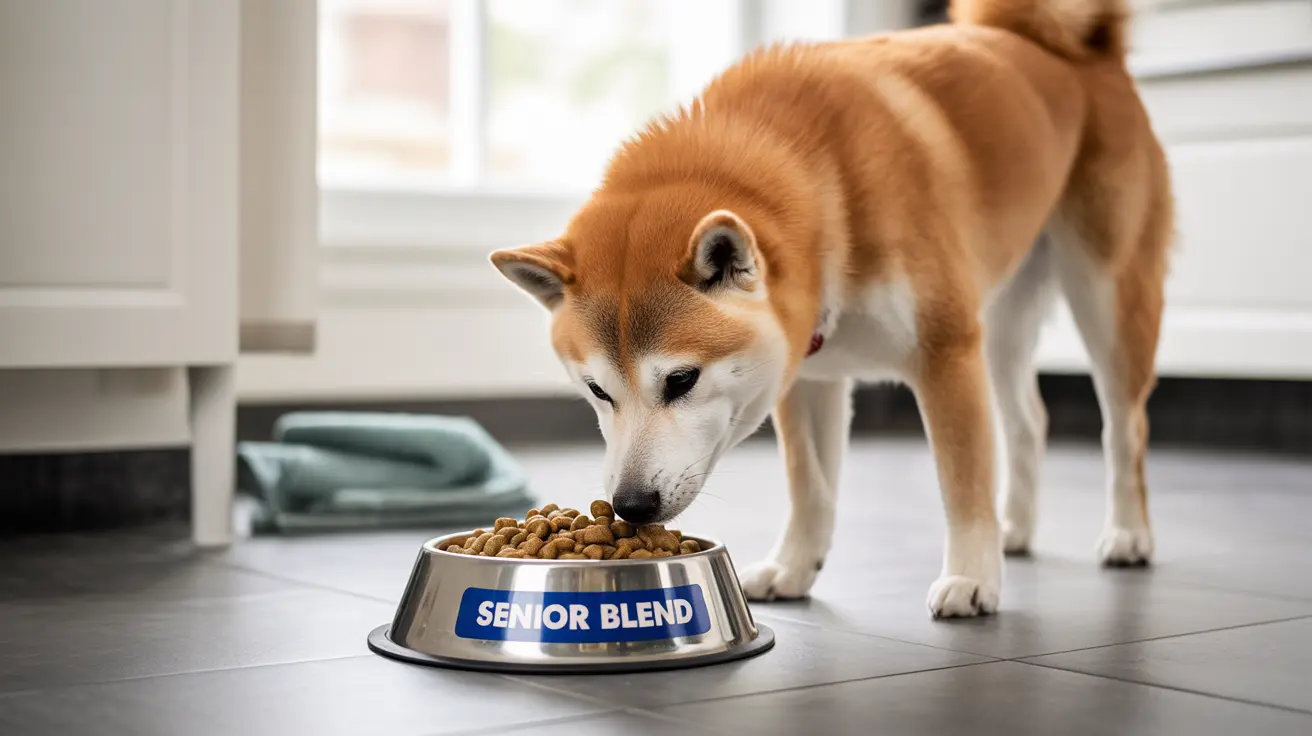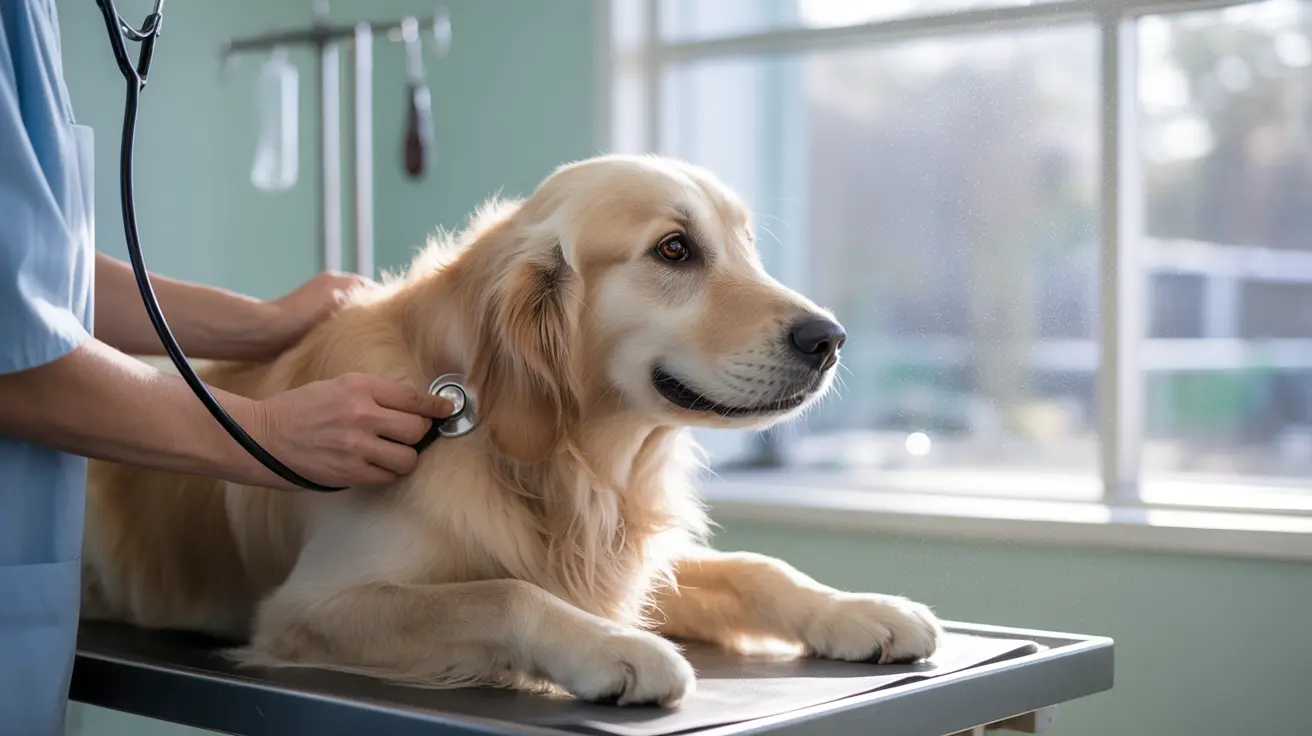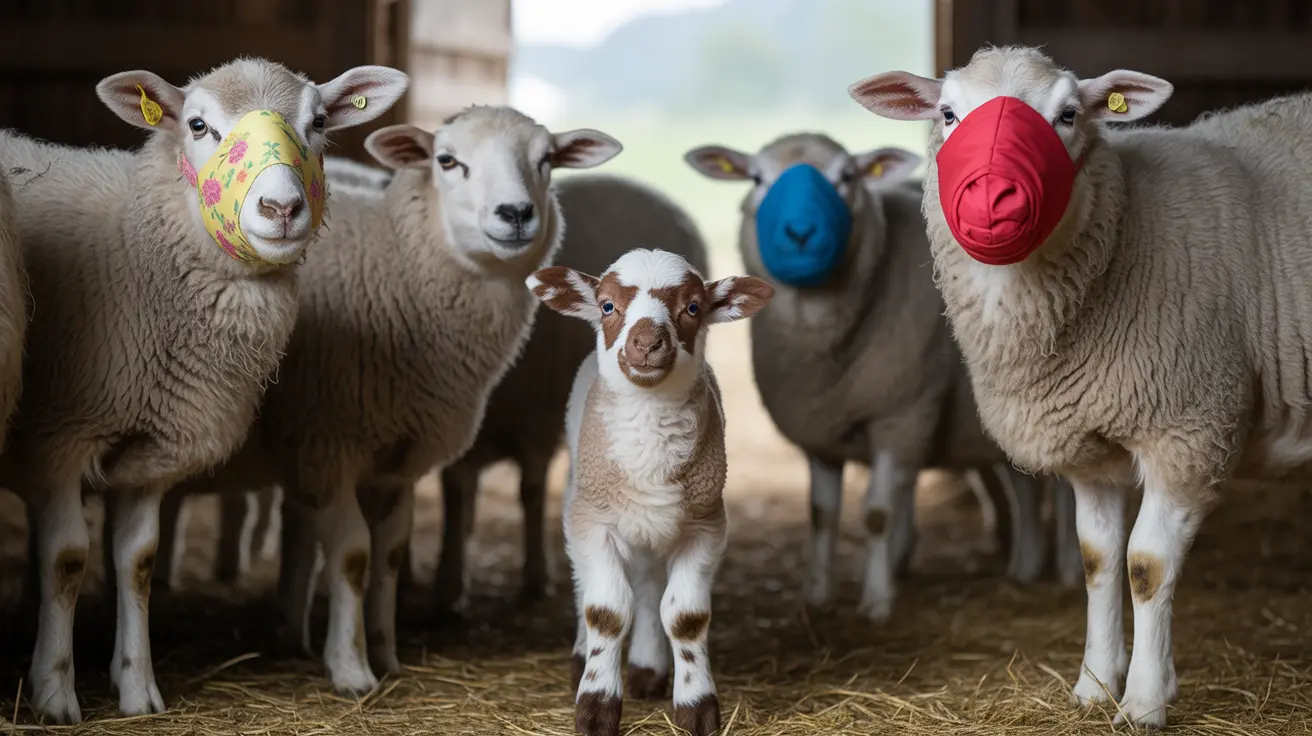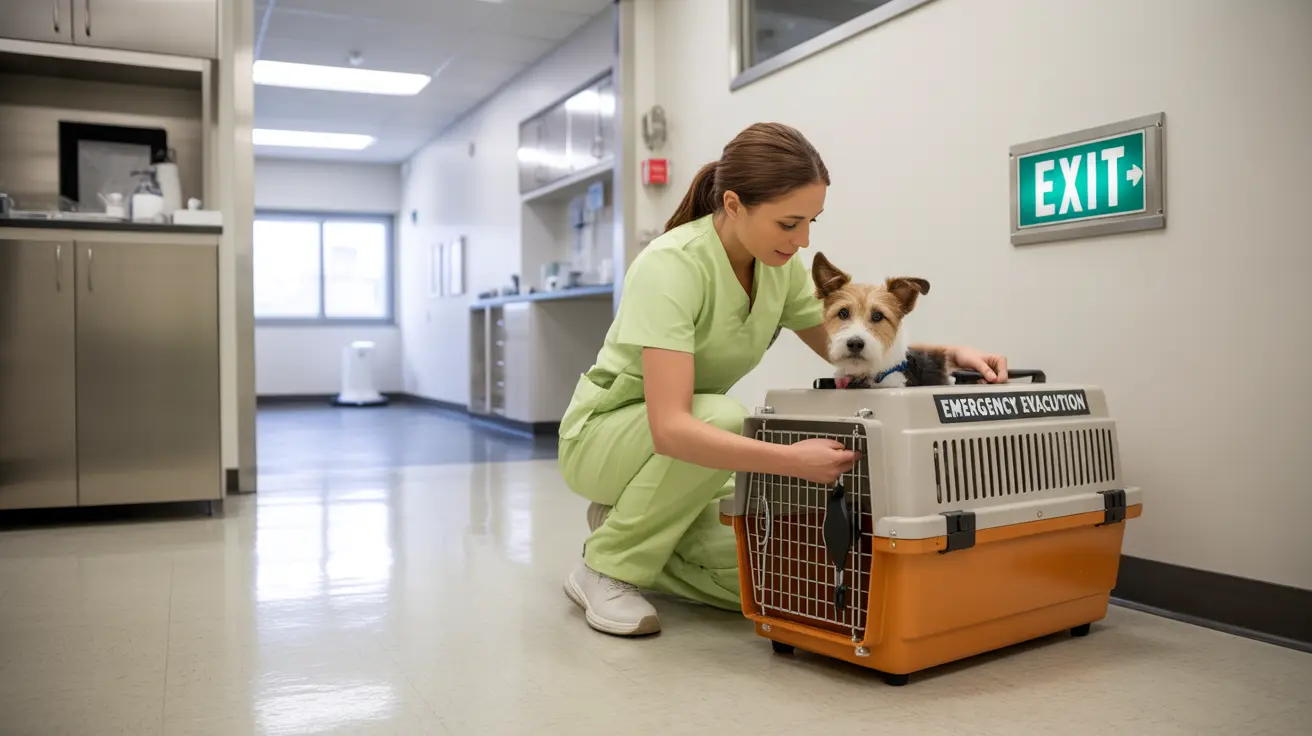As dogs enter their golden years, many pet owners notice a significant change in their eating habits. It's common for older dogs to eat less than they did in their younger years, but understanding why this happens and how to address it is crucial for maintaining their health and wellbeing.
In this comprehensive guide, we'll explore the reasons behind decreased appetite in senior dogs, what it means for their health, and how to ensure they're getting proper nutrition despite eating less.
Natural Changes in Senior Dog Appetite
As dogs age, their metabolism naturally slows down, leading to decreased energy requirements. This biological change often results in older dogs eating less than they did in their prime. Additionally, their sense of smell and taste may diminish, making food less appealing than it once was.
Senior dogs typically experience a reduction in physical activity, which also contributes to their lower food intake. This combination of factors makes it essential to adjust their feeding routine and diet composition to match their changing needs.
Understanding Your Senior Dog's Nutritional Needs
Despite eating less overall, senior dogs actually require more concentrated nutrition in their diet. Their bodies become less efficient at processing and absorbing nutrients, making it crucial to provide high-quality, nutrient-dense food in appropriate portions.
Key Nutritional Considerations
- Higher protein content (28-32% on a dry matter basis)
- Increased fiber for digestive health
- Essential fatty acids for joint and cognitive function
- Added antioxidants for immune support
- Carefully balanced calories to prevent weight issues
Signs of Healthy vs. Concerning Appetite Changes
While it's normal for older dogs to eat less, certain changes in eating habits should raise red flags. Monitor your senior dog for:
- Sudden or dramatic decrease in food intake
- Complete food refusal for more than 24 hours
- Difficulty chewing or swallowing
- Visible weight loss despite eating
- Changes in water consumption
Optimizing Your Senior Dog's Diet
To ensure your older dog maintains proper nutrition while eating less, consider these strategies:
- Divide daily portions into smaller, more frequent meals
- Warm food slightly to enhance aroma and palatability
- Choose easily digestible protein sources
- Add moisture to dry food to improve palatability
- Consider prescription senior formulas if recommended by your vet
Frequently Asked Questions
Why do older dogs tend to eat less than younger dogs?
Older dogs eat less due to decreased metabolism, reduced activity levels, and diminished senses of smell and taste. Their energy requirements naturally decrease with age, leading to smaller appetite.
How can I monitor my older dog's appetite and ensure they're eating enough?
Keep a daily food diary, weigh your dog regularly, and maintain scheduled feeding times. Watch for changes in eating patterns and consult your veterinarian if you notice significant changes in appetite or weight.
What are the best foods for older dogs with reduced appetite?
High-quality senior dog foods with concentrated nutrition, enhanced aromas, and soft textures work best. Look for foods with higher protein content, moderate fat levels, and added supplements for joint and cognitive health.
How often should I feed my older dog to meet their nutritional needs?
Most senior dogs benefit from eating 2-3 smaller meals daily rather than one large meal. This helps maintain stable blood sugar levels and makes it easier to monitor food intake.
What are the signs that my older dog's reduced appetite is due to a medical issue?
Watch for sudden appetite loss, complete food refusal, difficulty eating, excessive drooling, vomiting, or diarrhea. These symptoms warrant immediate veterinary attention as they may indicate underlying health problems.
Conclusion
While it's natural for older dogs to eat less, understanding and properly managing their changing nutritional needs is essential for maintaining their health and quality of life. Regular monitoring, appropriate diet adjustments, and veterinary guidance will help ensure your senior dog receives adequate nutrition despite eating less than in their younger years.






